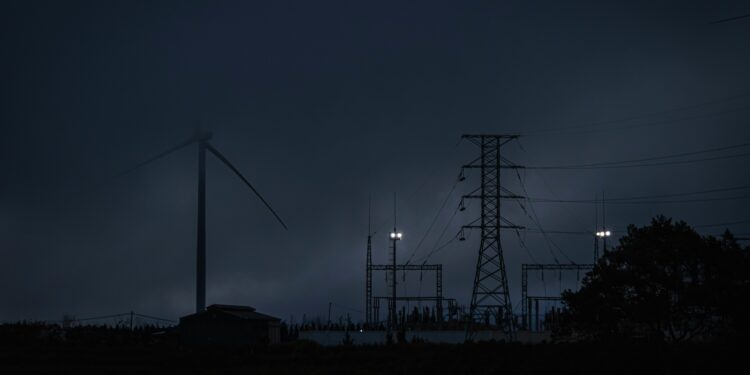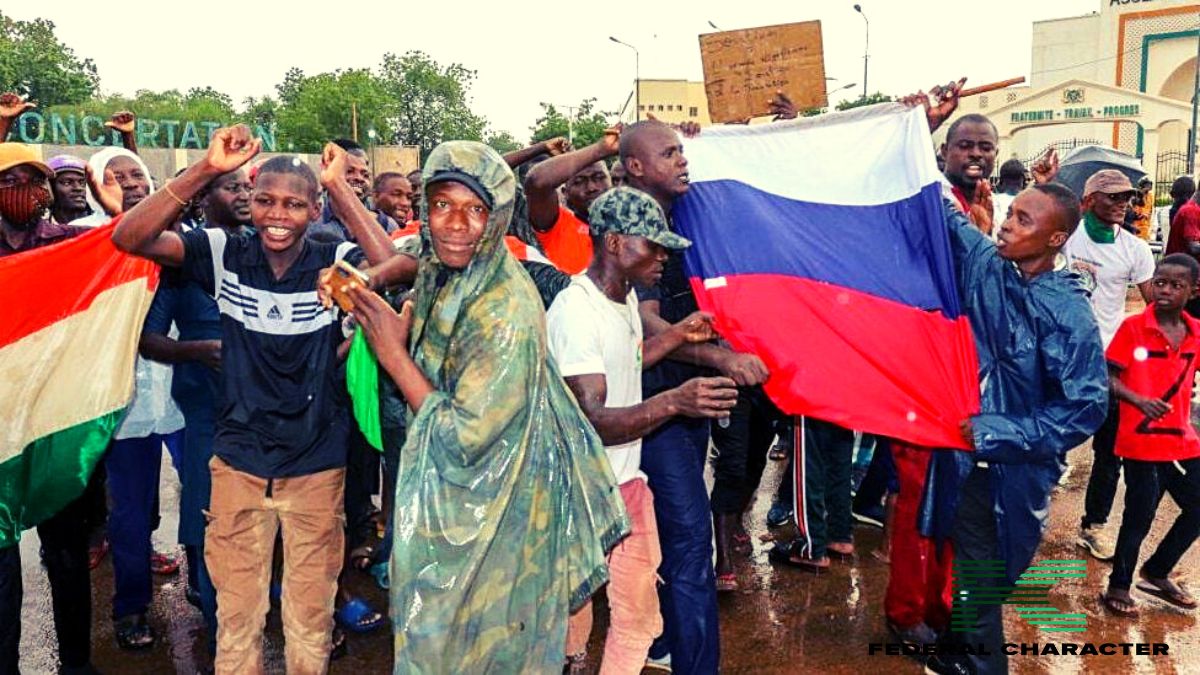The latest wave of missile and drone strikes that plunged parts of Kyiv into darkness, injuring nine and killing a seven-year-old in Zaporizhzhia, is a cruel act of weaponizing winter while disguising it as a military operation.
By systematically targeting Ukraine’s energy infrastructure, including gas facilities and thermal power plants, the Kremlin seeks to achieve what its ground forces cannot: breaking the nation’s will, eroding public morale, and crippling the industrial capacity to wage war.
President Volodymyr Zelensky is right in calling these acts “cynical and calculated”, but the West’s response must move beyond only condemnation and into immediate, decisive action.
The scale of the attack (over 450 drones and 30 missiles) highlights a desperate, yet sophisticated, Russian strategy. Having failed to achieve a quick military victory, the Kremlin has resorted to an aerial blitz designed to dismantle the very foundations of Ukrainian civilian life.

The Impact on Civilian Resilience
The consequences of these repeated, mass strikes are the intended effects of Russian energy attacks on Kyiv.
For instance, when the power grid fails, so do water pumps and centralized district heating networks, which are crucial for survival as temperatures drop below freezing. The disruption to water supplies in Kyiv’s eastern districts, as noted by Mayor Vitali Klitschko, is a deliberate attempt to make densely populated urban centers unlivable.
Additionally, Russia’s use of massive swarms of drones, combined with hard-to-detect weapons like Kinzhal missiles, is a classic saturation tactic. This strategy aims to deplete Ukraine’s limited stock of expensive interceptors and force the air defense systems to be spread thin, leaving critical infrastructure (and more tragically, apartment buildings) vulnerable to the next wave.
The destruction of essential civilian services, including the murder of a child in Zaporizhzhia during an attack, constitutes a clear violation of international humanitarian law, underscoring the urgency for a robust international response.

















